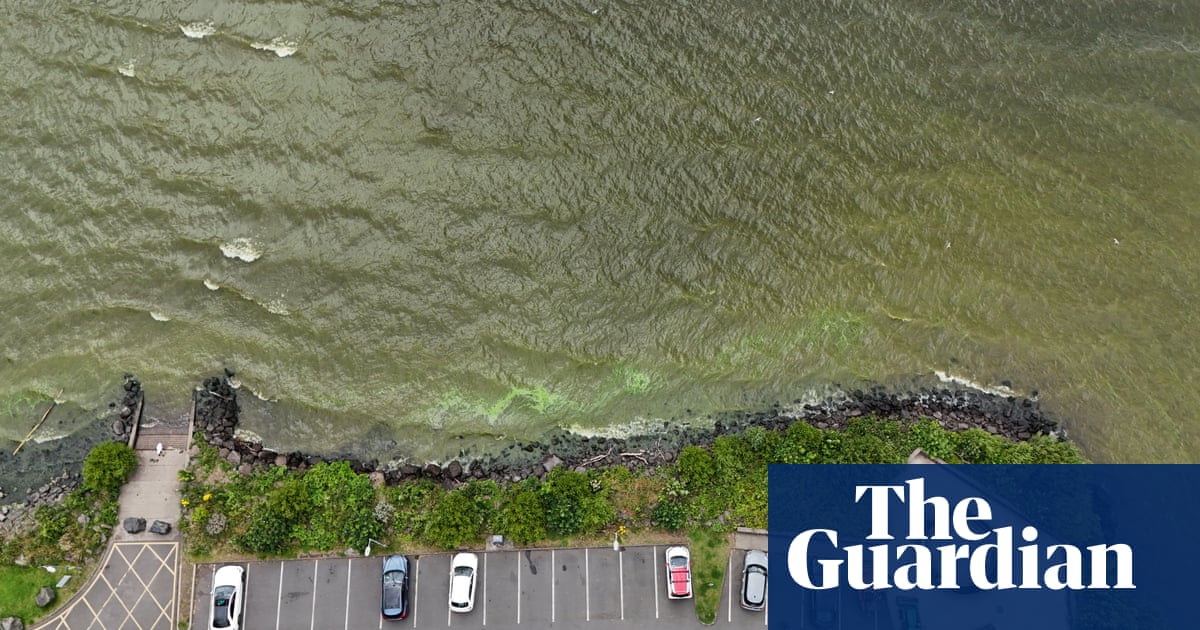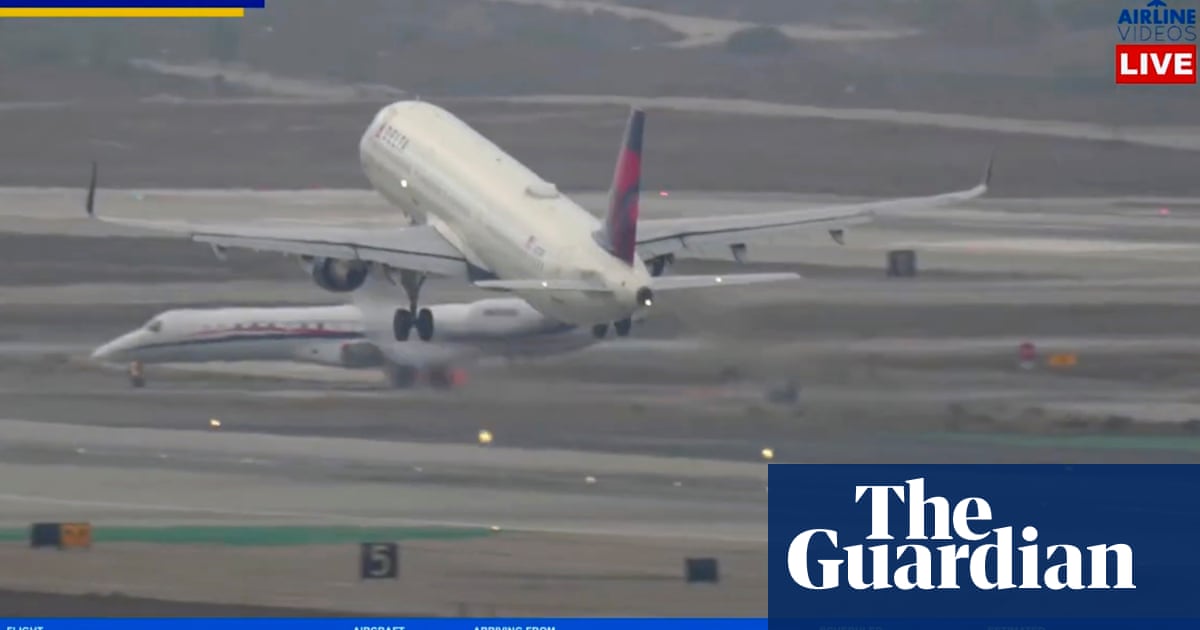Downing Street will announce five new freeports in next week’s budget as part of its effort to drive economic growth.
Ministers will set out plans to establish five new low-tax zones, plus an investment zone in the East Midlands, where businesses will benefit from tax breaks such as lower tariffs and customs.
Freeports operated without great impact in the UK between 1984 and 2012, when they were phased out by David Cameron. Rishi Sunak re-established them while he was chancellor to try to offset post-Brexit tariffs and create the conditions for long-term stable investment. Since 2021, eight have been opened in England and two each in Scotland and Wales.
Keir Starmer said the freeports being announced next week would “have this government’s stamp on them” despite being a policy inherited from the Tories.
Starmer and Angela Rayner have identified planning reforms and devolution as ways to drive growth in parts of the country that have suffered underinvestment.
Ministers are expected to announce changes to the freeports model, including improving oversight from local councils and mayors and aligning them with the government’s industrial strategy.
The prime minister’s press secretary said the aim was to promote “growth across the entire country” and “that’s why so much of it is focused on our relationship with devolved administrations”.
Starmer said: “Economic growth is the number one mission of this government, measured in living standards going up, and people feeling better off, in well paid jobs across every part of the United Kingdom. Targeted programmes that attract investment and generate jobs and growth for local people, underpinned by our industrial strategy, and the economic stability my government brings, will turbocharge the potential of areas across the country.
“I have always said I will look at whatever will deliver for working people, with no ideological lens. So yes, freeports were a scheme we inherited, but when combined with Labour’s laser focus on growth generated from the ground up, we will maximise their potential. My government is rewiring how and where growth is generated to secure investment and create good jobs for working people.”
Critics of freeports say there is little evidence they attract new investment or help the economy. The Office for Budget Responsibility said in 2021 that tax breaks in England’s freeports would cost the government £50m a year and that their impact on GDP was likely to be so small it would be “difficult to discern even in retrospect”.
Trade unions have in the past called for clarity on how freeports impact on workers’ and union rights. The prime minister’s spokesperson said that “where necessary the government will make improvements to the freeport programme” and that the employment rights bill would help safeguard workers’ rights.
after newsletter promotion
Most existing freeports in England are close to major cargo ports such as Felixstowe and Southampton.
The planned investment zone in the East Midlands will focus on hi-tech green industry. Rayner announced two other investment zones in her speech at Labour’s party conference last month, one focused on advanced manufacturing in the West Midlands and one on life sciences in West Yorkshire.
The government estimates investment zones in England have the potential to create 89,000 jobs by 2033 and attract £11bn of private investment. Plans to establish investment zones at 12 sites were announced by the Conservatives in the 2023 budget.

.png) 2 months ago
24
2 months ago
24













































